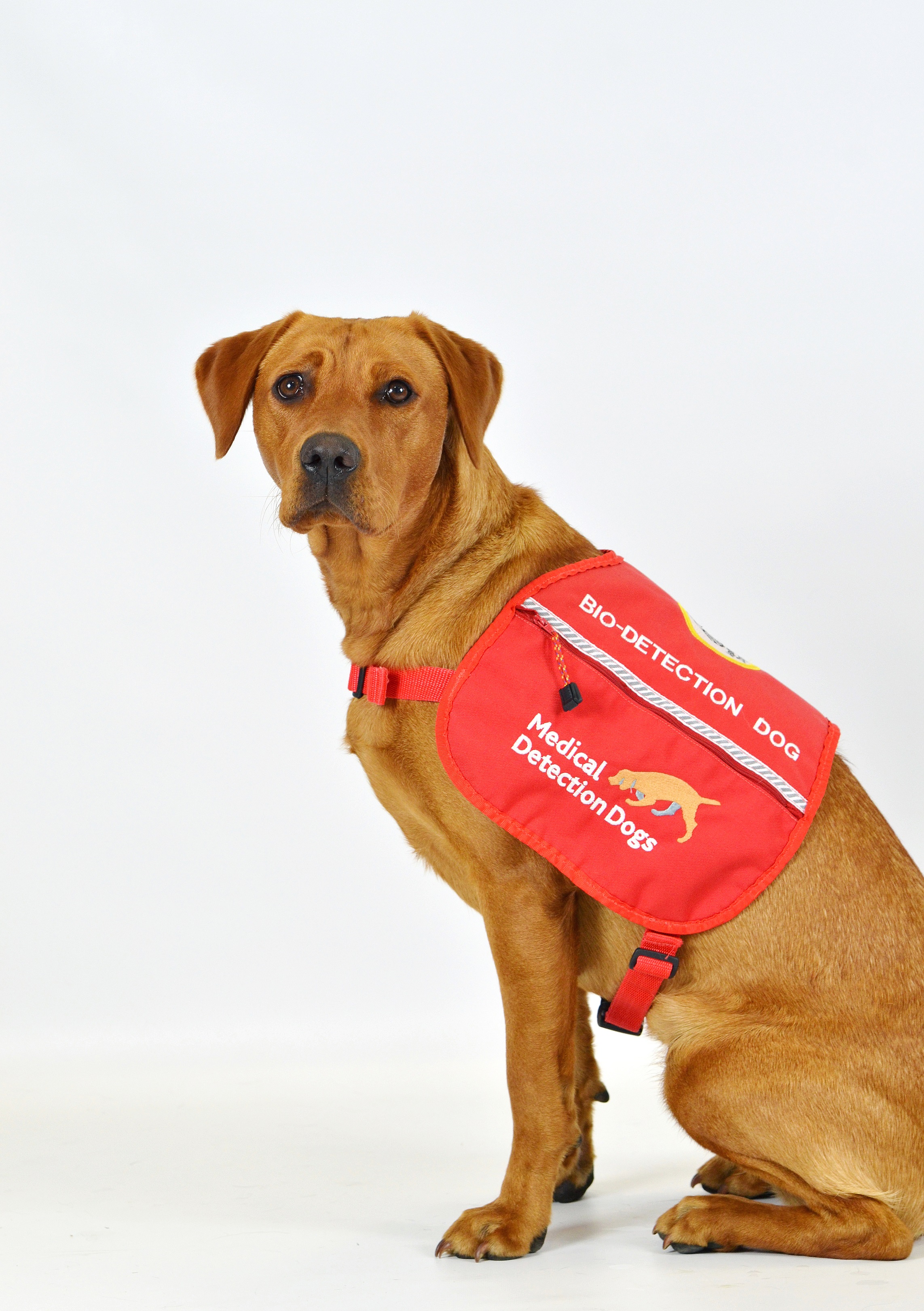
Milton Keynes University Hospital NHS Foundation Trust are working with the charity Medical Detection Dogs on a pioneering research project in to the canine detection of urological cancers.
The study will help to establish the exact chemical signature which it is thought dogs can use to detect cancer. The need to find an early, accurate and non-invasive way to test for prostate and other urological cancers is driven by the desire to spare many people undergoing unnecessary biopsies.
The NHS ethically approved study, working with Consultant Urologist Mr Iqbal Anjum and the team at Milton Keynes Hospital NHS Foundation Trust and Medical Detection Dogs, will help to develop this type of test.
Research into the ability of dogs to detect certain cancers through odour is now well documented, but to date an effective, inexpensive, deliverable and reliable alternative to the PSA test remains elusive. This research will provide new rigour behind the science and take us nearer to being able to deliver a test that keeps people out of the operating theatre.
Rowena Fletcher, Head of Research & Development at Milton Keynes University Hospital NHS Foundation Trust says,
“In collaboration with the Medical Detection Dogs we are carrying out pioneering new Research into the canine detection of urological cancers. We all hold the ambition to make care for the future better by diagnosing people faster and more accurately than ever before”.
To progress with the study, Milton Keynes University Hospital NHS Foundation Trust need to collect urine samples from healthy volunteers aged 18-40, especially men. If you are interested in taking part in this study you can find out more by reading the Healthy Volunteer information sheet on the website.
If you would like to take part in the study and donate a urine sample, please call to book a time on 01908 995117 or 01908 995136.
